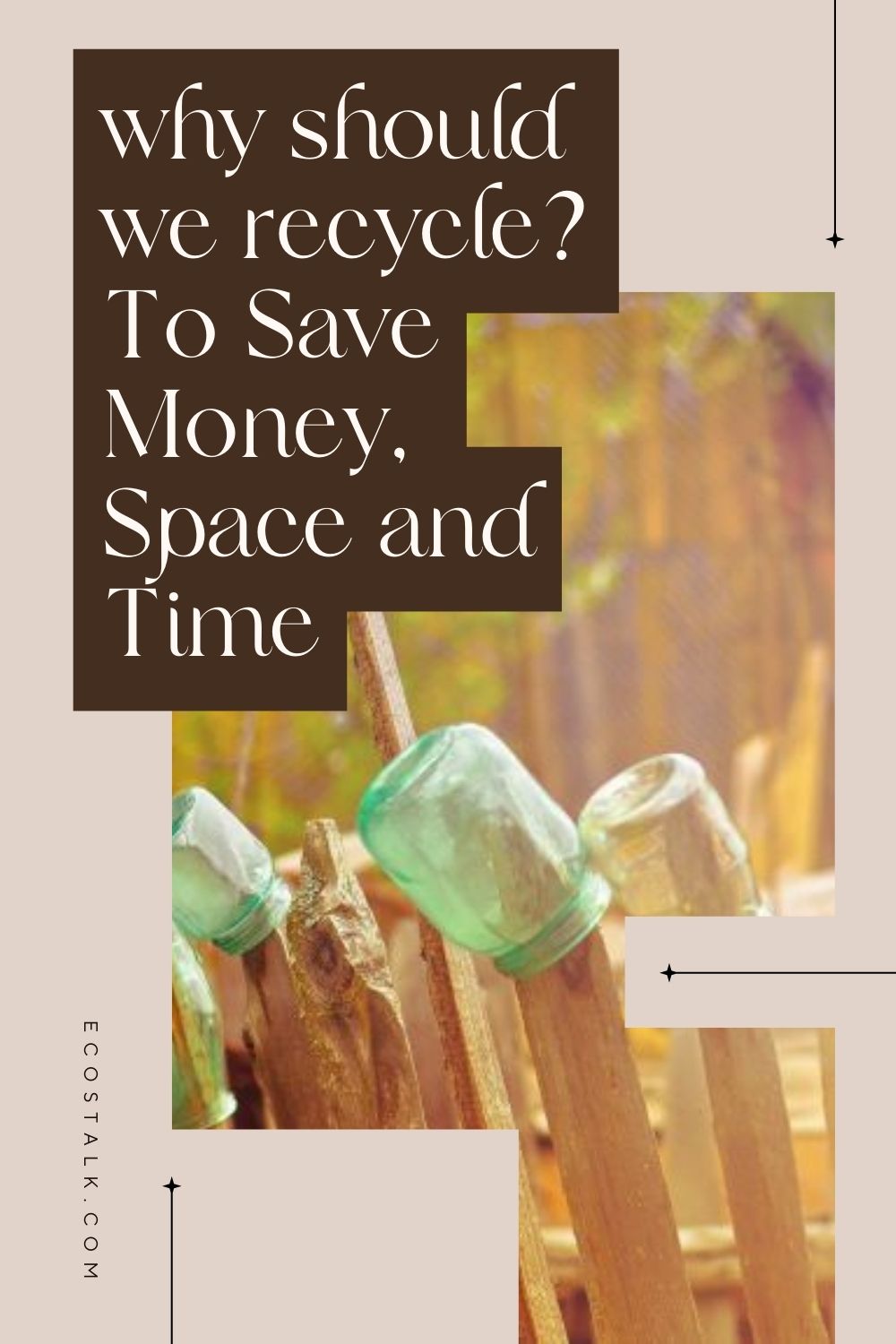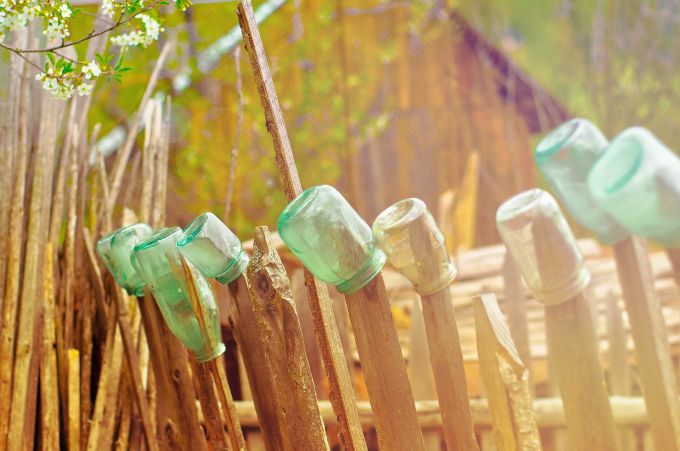Please note that I may earn a small commission from purchases made through product links in this article. As an Amazon Associate I earn from qualifying purchases.
Last updated: February 23, 2023
Why should we recycle? You may already know the basics. We should recycle to reduce landfill, reduce waste and prevent the release of more toxins into our environment.
But how does this really affect you?
What if, like most people, you live far away from a landfill site, you have access to clean running water, and you believe the air you breathe is comfortably non-toxic?
Here are three great reasons you may not have considered to show why we should recycle, and how it can directly benefit you and your family.
Why Should We Recycle?
Recycling will Save You Money
Many of the cheap things you have recently bought new, may actually have been made using recycled materials.
Take aluminum for example, a material with a high recycling yield – it is almost 100% recyclable.
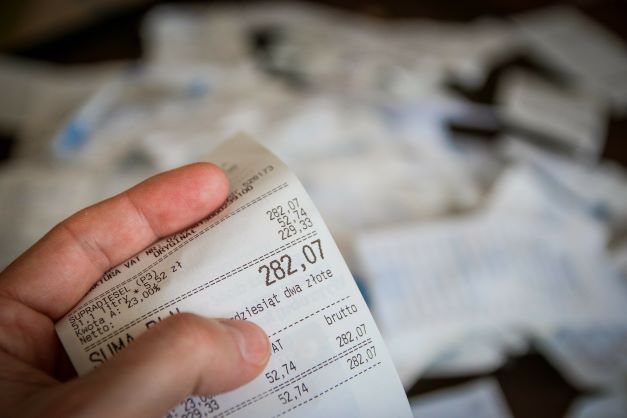
As a result, it is a very cheap material to manufacture, as recycling aluminum saves up to 90% of the energy needed to make new aluminum.
Aluminium is one of the most abundant metals on earth.
But extracting new aluminum is an expensive process, as it requires large amounts of electricity to separate the metal from the ore.
Should we recycle just so that we may save a few cents on our soda cans?
Probably not.
But when you consider the millions of other essential applications (cars, airplanes, medical equipment, etc) which depend on cheap aluminum to stay affordable, throwing your drink can in the recycling bin seems like a much better investment than in the trash.
Should we also recycle other materials to save money?
The answer is definitely yes.
The most common materials our homes will recycle are paper, plastic and glass.
The first two alone can save 60 – 70% of the amount of energy required to manufacture these products from scratch.
Recycling Will Save You Space
As our global population increases, so does the demand for suitable housing.
Garbage tips and landfills take up space that could be better allocated to homes, schools, and parks, but instead, we are filling it with our rubbish.

Even if you live miles away from a landfill, should you still recycle?
You could argue that countries like the U.S. and Australia have huge desert areas that could easily accommodate mountains of waste.
Unfortunately, most landfills don’t just biodegrade nicely like a big compost heap.
Many items which end up in landfill contain toxic substances which leach out into the environment, and eventually makes their way back into our local atmosphere and waterways.
In the U.S. even after a landfill has been closed and given another purpose, it must undertake 30 years of monitoring to ensure there are no toxic substances leftover in the soil and groundwater.
The impact of a landfill on the natural environment is by no means short-term.

Luckily, with advances in recycling technology and Government support, many large private waste companies manage landfill with the intention of re-claiming and recycling as much waste as possible.
Incineration of rubbish has become a popular way to generate energy and collect gases which can be re-sold for a generous profit.
Why Should We Recycle, When we can Burn Rubbish? Doesn’t that Generate Electricity?
In some countries, such as Sweden, burning rubbish has led to less than 1% of their trash ending up in landfill.
This is an amazing result, but it is only in combination with a highly effective recycling program that this was even possible.
Incinerating rubbish to generate electricity is a booming industry, and on the surface appears to be a convenient way to solve two problems, reducing landfill and the use of coal-based electricity.
However, this type of waste management comes with its own set of limitations.
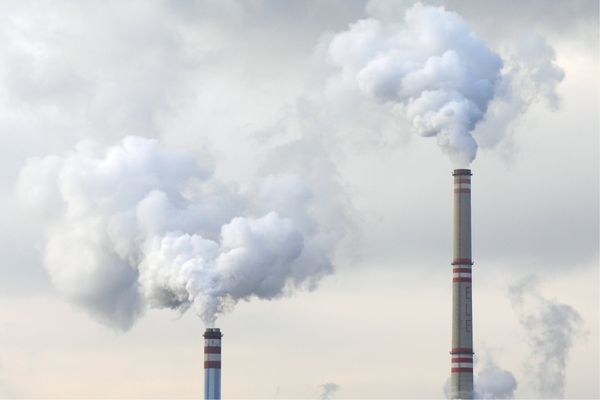
Burning rubbish still emits plenty of greenhouse gases, and Methane, a highly poisonous gas.
Methane can be quite lucrative if siphoned off properly during burning, but this may require more expensive technology to achieve.
Countries like Sweden have become so efficient at burning rubbish for energy, they have even started importing rubbish from other countries to keep their fires burning.
But it is not an energy model every country can follow.
With the highest average summer temperature in Sweden hitting around 64 degrees centigrade, cool temperatures all year round drive greater demand for indoor heating, a big electricity user.
Incineration may be used by your local landfill to complement a good recycling program, but in most cases, it won’t replace recycling completely.
Every country, state, and local area will have different demands for energy and different types of waste, and as a result, there is no one size fits all way to manage your rubbish.
Recycling Will Save You Time
How is this possible you ask?
Why should we recycle when it is such a time-consuming chore?
Sure it’s a bit annoying to creep out to your recycling bin at night with your empty milk carton.
But this is a small task compared to the other items you may need to dispose of around your home.
What about when your heavy old stove has finally called it quits?
Or you have finally finished renovating your new home, only to have a pile of crappy leftover bricks you need to get off the front lawn?
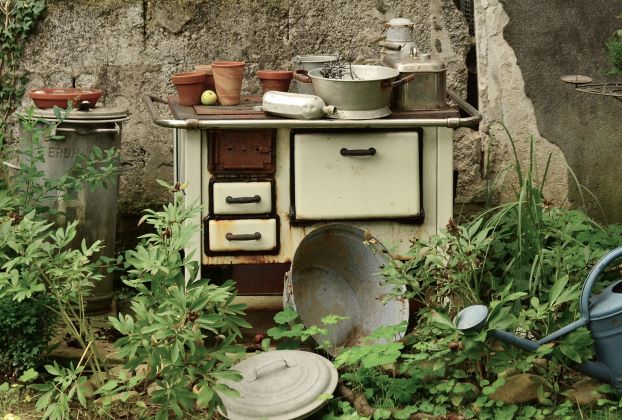
Recycling saves you time in these situations.
Because someone else is willing to spend their time to take it away from you and usually because they will make some money in the process.
Recycling Programs that Can Save You Time
Most local councils run their own household clean-up programs, but if you can’t wait that long there are plenty of alternative ways to recycle.
Metal recycling can be quite lucrative, and there are many small businesses out there willing to take your broken appliances and trade it into a recycling center for cash.
Steel and copper are popular, as well as some heavy metals you can recycle from electronics.
Replacement parts for older appliances can also be harder to come by than new.
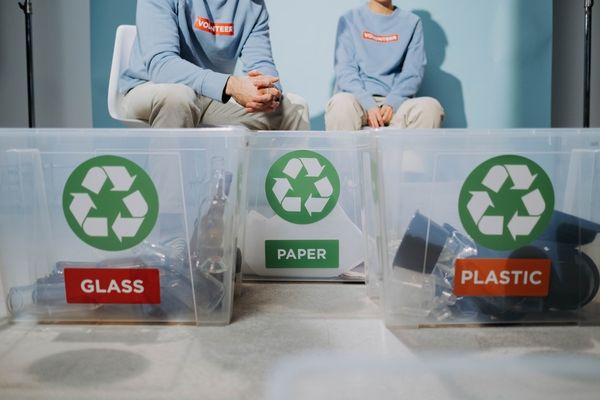
If a local handyman can retrieve a few good parts from your old stove, and sell them on, it may be worth his while also to take the whole appliance off your hands.
Charities are another great reason why we should recycle.
Most charity shops offer home pick up for bigger items such as furniture, beds and appliances.
This will save you a drive to the tip, or weeks of waiting around for a bid on eBay or Gumtree.
All of these options may be available to you with nothing more than a google search and a short phone call.
Final Thoughts
Why should we recycle?
The answer is really to keep a healthy planet for ourselves, and for the many generations of people who come after us.
Recycling regularly is not a silver bullet, it will not solve all our waste problems by itself.
But when combined with other two Rs (Reduce and Reuse) recycling can have a real and effective impact on our savings, our environment, and our time.
Need some recycling inspiration? Take a look at Japan’s Zero Waste Town, a community which created their own special recycling program with the goal to hit zero waste.
